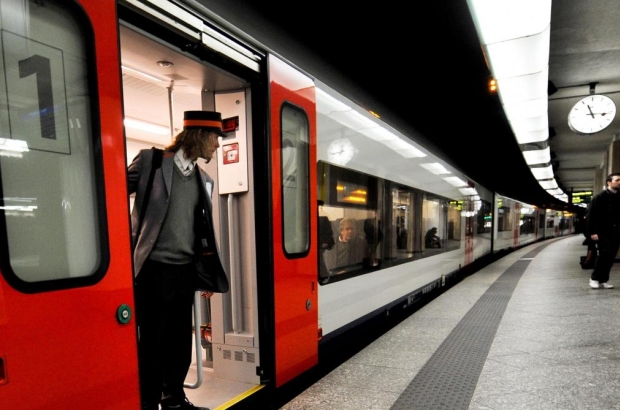- Daily & Weekly newsletters
- Buy & download The Bulletin
- Comment on our articles
Belgian train travel to become 9% more expensive from February
Belgian rail operator SNCB has announced the "difficult but necessary decision" to increase its fares by almost 9% from next year.
The price rise, which is in line with current high levels of inflation, comes as the rail firm faces soaring energy costs and an increasing wage bill due to indexation.
With 3,800 trains running each day, the SNCB is Belgium's biggest electricity consumer. It expects its electricity bill next year to increase by more than €200 million compared with this year.
The fares increase will come into effect on 1 February 2023, with an average increase of 8.73% on ticket prices.
Season tickets for commuters will become 9.73% more expensive. The higher percentage increase is allowed under the SNCB's management contract as a reward for the SNCB achieving certain punctuality targets.
The fare rise will, however, be lower for some types of ticket, including for over-65s, young people under 26 and for the 10-journey Standard Multi pass.
Despite putting up its prices, the SNCB said it was committed to doing more to encourage more passengers on to the Belgian rail network.
From 2024, the rail operator plans to expand its promotional fares for off-peak travellers, young people, senior citizens, frequent travellers and small groups.
Train occupancy rates have already bounced back to 93% of pre-pandemic levels.
Federal mobility minister Georges Gilkinet said the SNCB's decision to put up prices sent "a bad signal" to passengers.
"Belgians are facing an unprecedented energy crisis and everything is being done to attract more travellers to the railway, to respond to the climate crisis," he said.
To help limit the price rise, Gilkinet will propose scrapping the 6% VAT rate on train tickets - a measure that will be discussed as part of bigger tax reforms before the end of this year.


















